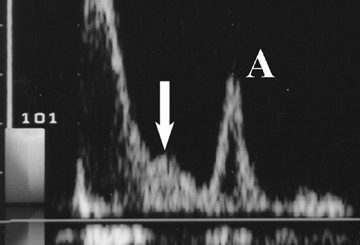Vesicovaginal Fistula
Contents
- 1 Commonest type of genitourinary fistula is
- 2 Most common cause of Vesicovaginal is
- 3 Cyclical hematuria may be due to
- 4 Common associated symptoms with genito urinary fistula are all except
- 5 Ureterovaginal fistula can be confirmed by
- 6 Not true about repair of VVF is
- 7 Contraindications to vaginal approach include all except
- 8 In short
Commonest type of genitourinary fistula is
A. Vesicovaginal
B. Vesicourethrovaginal
C. Urethrovaginal
D. Ureterovaginal
Most common cause of Vesicovaginal is
A. hysterectomy for rupture uterus
B. Obstructed labor
C. Anterior colporrhaphy
D. Advanced carcinoma of the cervix
Cyclical hematuria may be due to
A. Ureterovaginal
B. Vesicouterine
C. Urethrovaginal
D. Vesicovaginal
Common associated symptoms with genito urinary fistula are all except
A. Secondary amenorrhea
B. Foot-drop
C. Pruritus vulvae
D. Kidney stones
Ureterovaginal fistula can be confirmed by
A. Retrograde pyelography
B. Cystography
C. Sinography
D. Cystourethroscopy
Not true about repair of VVF is
A. Ideal time of surgery for an old obstetric VVF is after 3 months following delivery
B. Radiation fistulae should be repaired after 12 months
C. Small surgical fistula if recognized within 24 hours immediate repair
D. Surgery should be done immediately if devitalized tissues, cystitis, or encrustation is present
Contraindications to vaginal approach include all except
A. Severely indurated vaginal epithelium around the fistula
B. Small capacity or poorly compliant bladder
C. Repair requiring a myocutaneous flap
D. Involvement of other pelvic structures, vaginal stenosis
In short
- The transabdominal O’Connor’s operation has been the most accepted method of repair of supratrigonal fistula to date.
- Simple fistulas are treated using simple vaginal approaches, while complex fistulas are commonly treated either vaginally using a myocutaneous flap or through an abdominal approach.
- Transperitoneal approach is most commonly used in the repair of radiation fistulas or to limit scarring and reduce post-fistula repair stress incontinence in patients with urethral and bladder neck fistulas.
- Latzko technique is used to repair a VVF that develops following total hysterectomy operation. Principle of this operation is to produce partial colpocleisis (obliteration of the vagina around the fistula).





